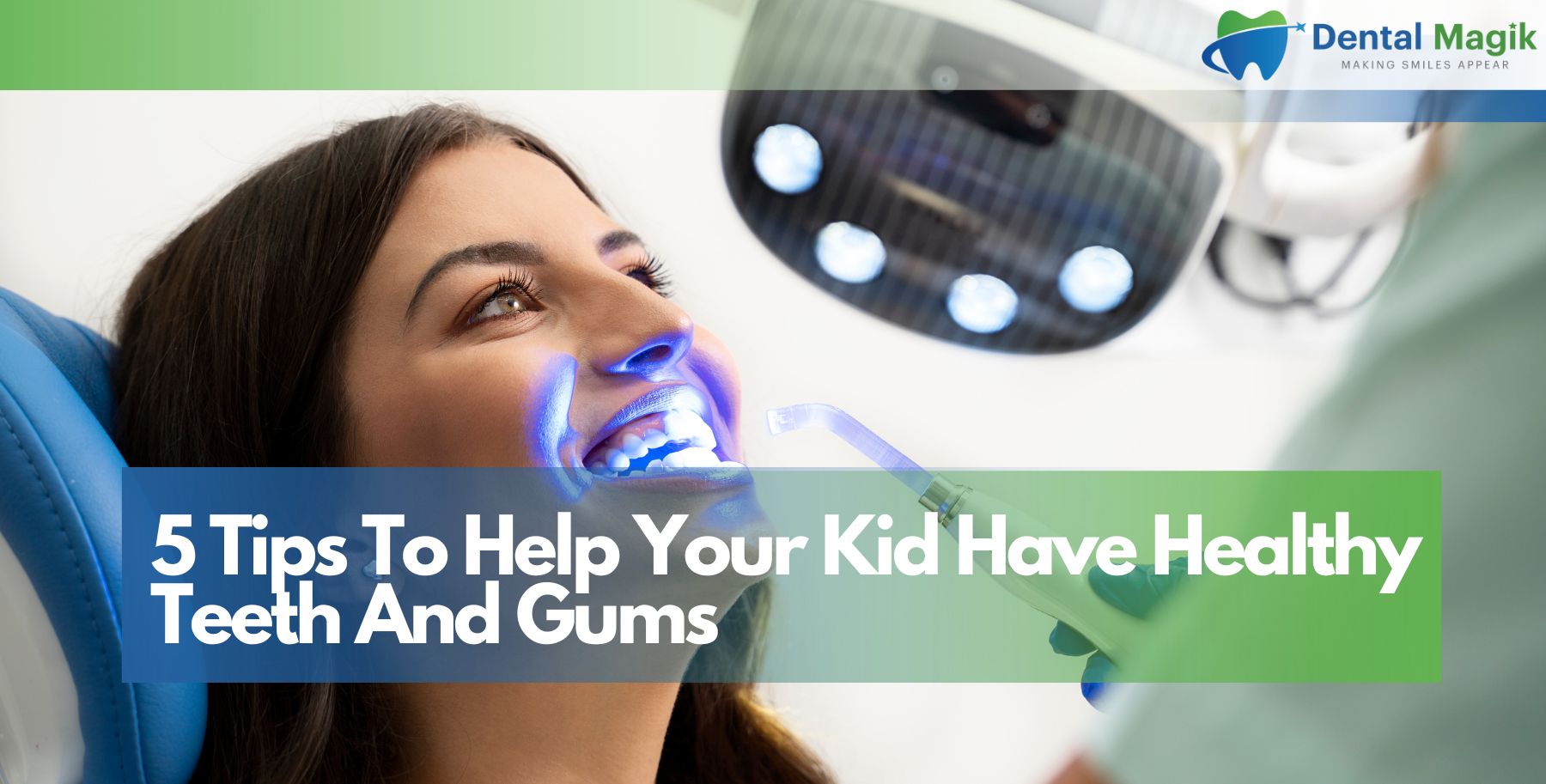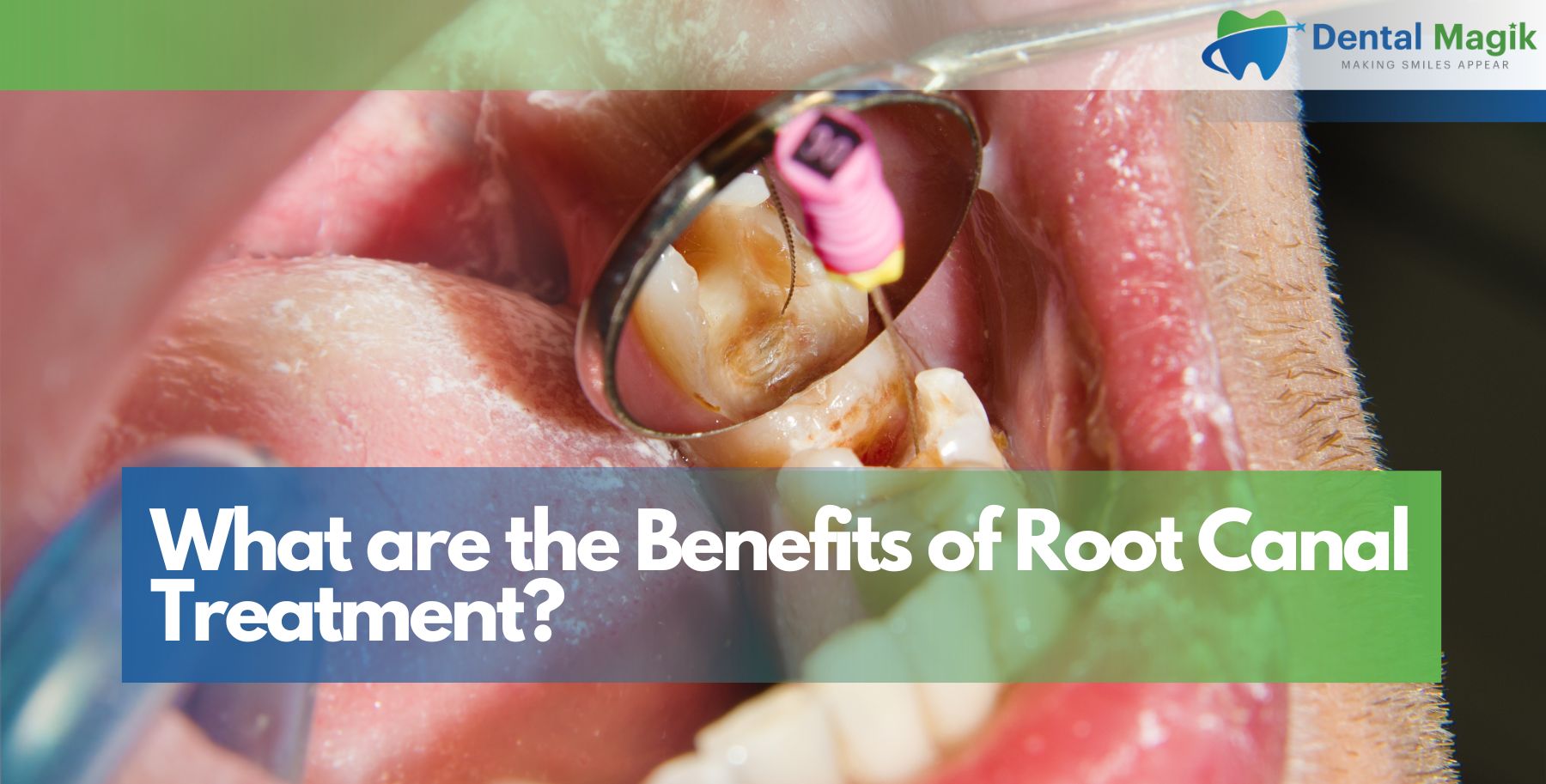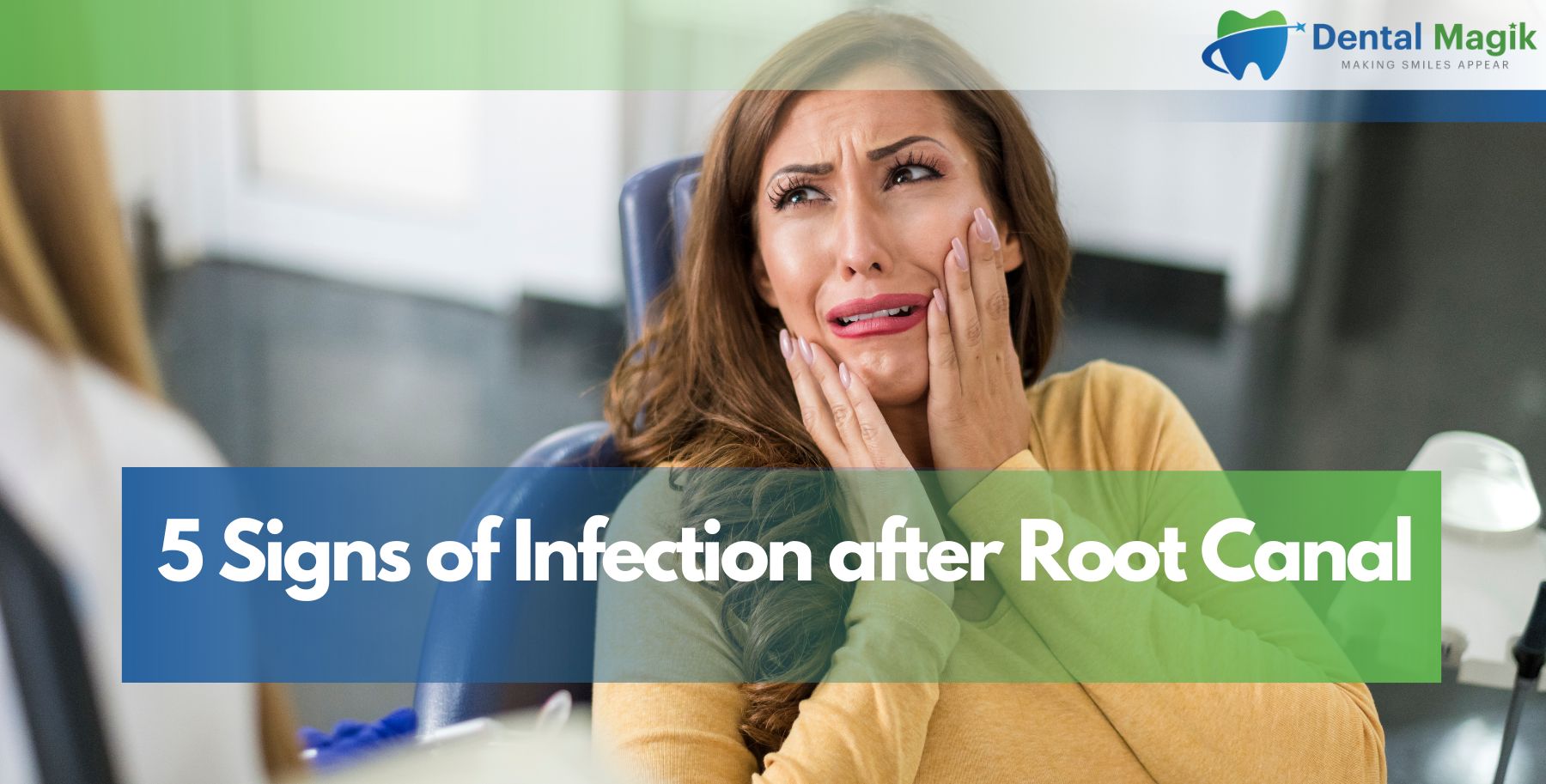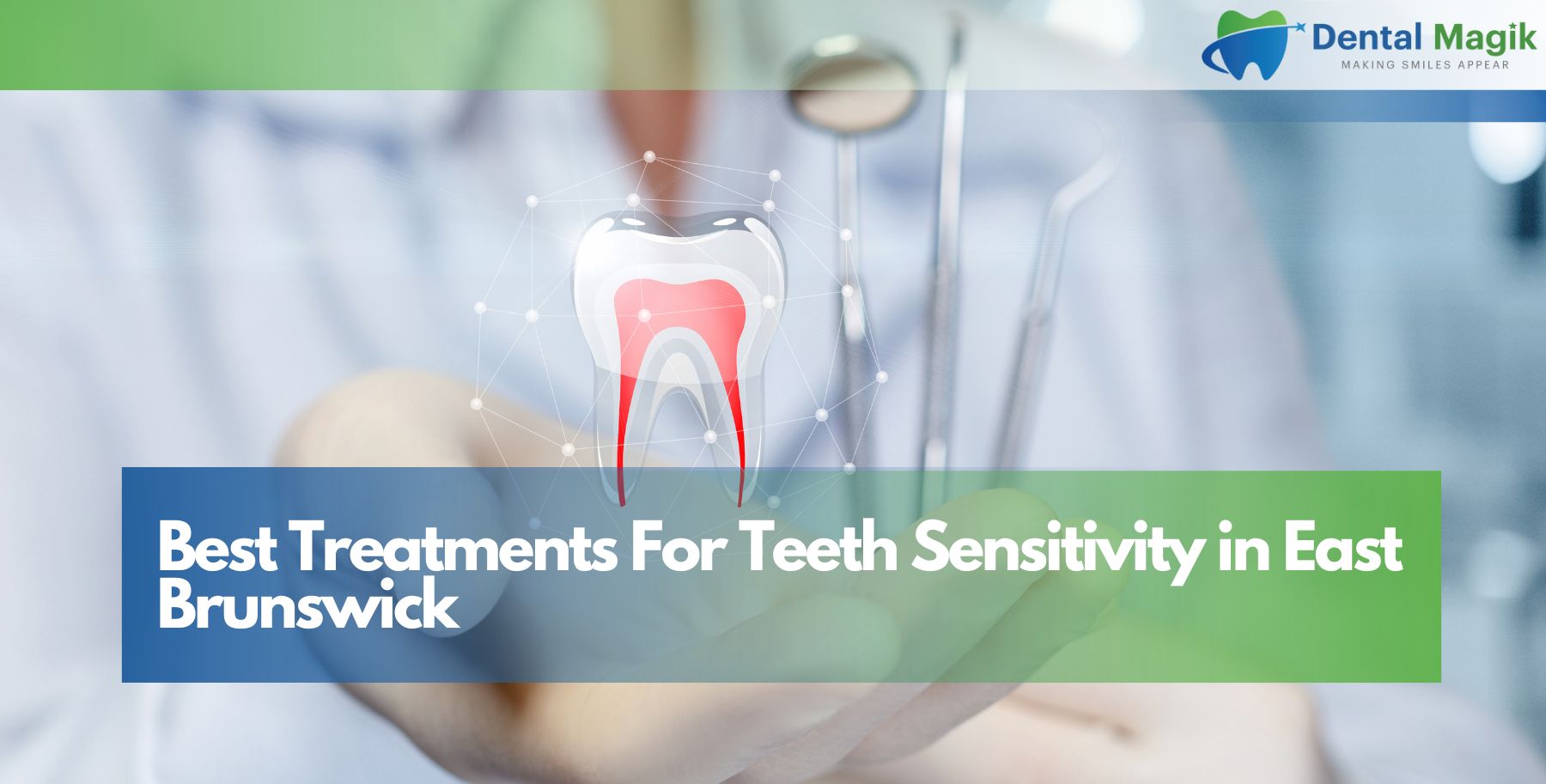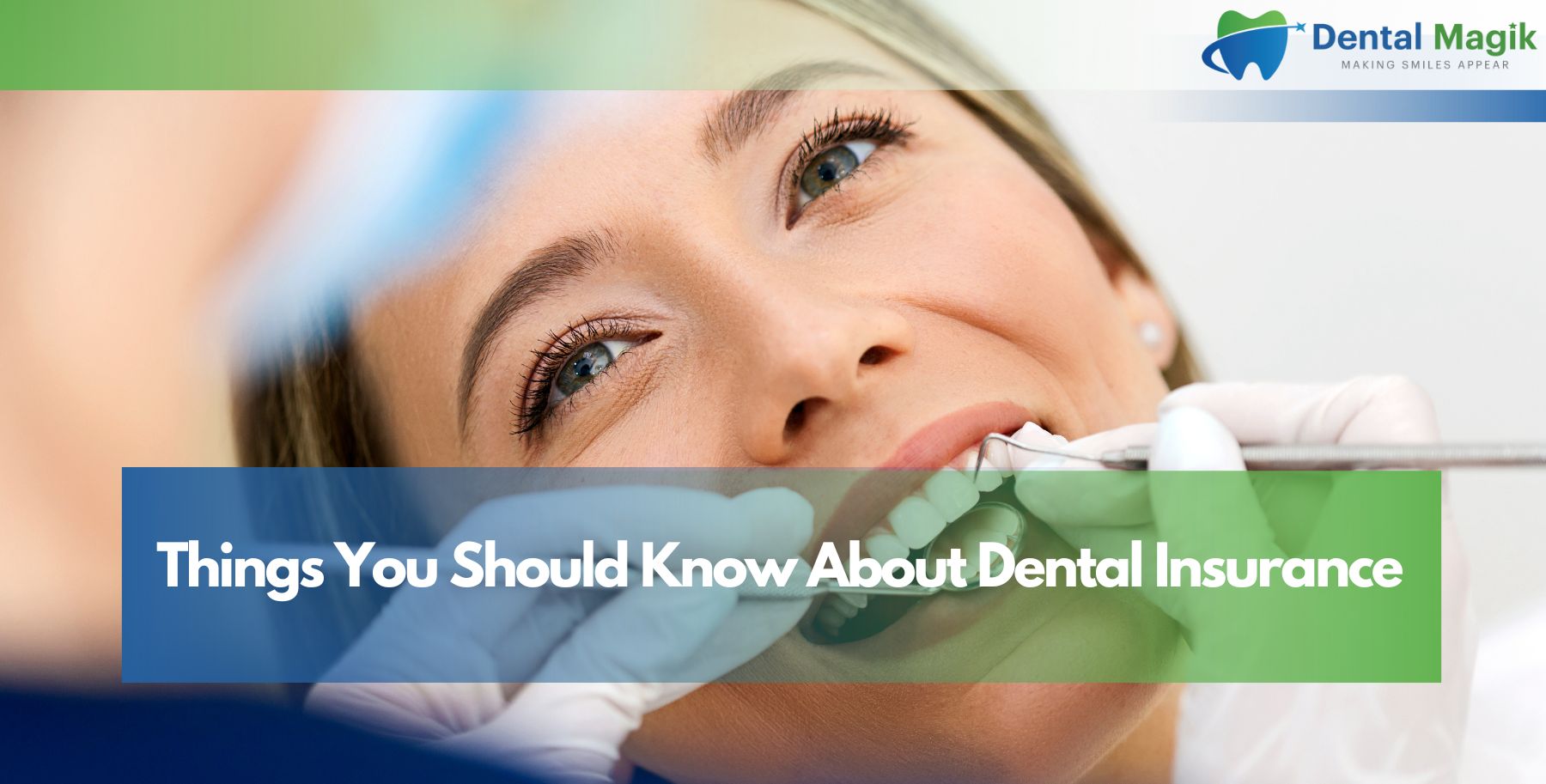A cracked tooth is a dental concern that can be both painful and unsettling. It’s not uncommon for individuals to wonder, “Can a cracked tooth heal on its own?” After all, a tooth is a vital part of daily life, involved in chewing, speaking, and even smiling. Understanding how a cracked tooth heal can help guide individuals in deciding whether they need professional dental care or if they can wait for natural healing to occur.
In this article, we will explore everything there is to know about cracked teeth, how they heal, and when to seek dental attention. Let’s dive in!
What Causes a Cracked Tooth?
Before delving into whether a cracked tooth heal on its own, it’s essential to understand what causes a cracked tooth in the first place. Several factors can contribute to a cracked tooth, including:
- Chewing hard foods: Biting down on hard objects like ice, nuts, or hard candies can cause a tooth to crack.
- Accidents or trauma: Sports injuries, car accidents, or even falls can result in a cracked tooth.
- Teeth grinding: Habitual grinding or clenching of the teeth, especially at night, can cause gradual wear and eventual cracking.
- Age: As people age, the enamel (the outer layer of the tooth) may weaken, making the tooth more susceptible to cracks.
- Sudden temperature changes: Consuming hot foods or drinks followed by cold ones (or vice versa) can cause a rapid contraction and expansion of the tooth, potentially leading to cracks.
Can A Cracked Tooth Heal On Its Own?
Now, the big question: Can a cracked tooth heal without intervention? Unfortunately, the answer is not as straightforward as a simple yes or no. While minor cracks may not cause immediate issues, they are unlikely to heal entirely on their own.
Preventive Dentistry in East Brunswick focuses on maintaining optimal oral health by preventing dental issues before they arise. Regular check-ups, professional cleanings, fluoride treatments, and dental sealants help protect teeth from decay and gum disease. Practicing good oral hygiene and visiting a dentist routinely ensures a healthy, long-lasting smile.
The Different Types of Cracked Teeth
To better understand the healing potential, it’s important to categorize cracked teeth. Teeth can crack in various ways, and some cracks are more severe than others:
- Hairline Cracks: These are the smallest and least severe cracks. In some cases, hairline cracks may not need immediate treatment and could potentially stabilize on their own.
- Craze Lines: These are superficial cracks in the enamel and are very common, particularly as a person ages. While they don’t typically cause pain, they may worsen over time and can lead to more serious dental problems if neglected.
- Fractured Cusp: The fracture is often more significant but affects only the tooth’s crown. It may not always need immediate intervention but should still be checked by a dentist.
- Split Tooth: This occurs when the crack goes all the way through the tooth, dividing it into two parts. A split tooth generally cannot heal on its own and will require restorative procedures.
- Vertical Root Fractures: These cracks affect the root of the tooth, often causing severe pain. Vertical root fractures almost never heal on their own and require immediate dental attention.
In general, minor cracks like hairline cracks or craze lines may not require immediate attention and could heal or stabilize on their own. However, more significant cracks—especially those that affect the structure or root of the tooth—are unlikely to heal without professional intervention.
What Happens If a Cracked Tooth Does Not Heal?
If a cracked tooth heals on its own, it’s important to monitor for signs of worsening pain or infection. If left untreated, cracks can lead to:
- Infection: Bacteria can enter the crack, leading to an infection inside the tooth.
- Tooth sensitivity: Cracked teeth are often sensitive to hot and cold temperatures, especially if the crack exposes the dentin.
- Further damage: A cracked tooth may worsen over time, potentially breaking into multiple pieces or resulting in the need for a root canal.
- Pain: A cracked tooth may cause persistent discomfort, especially when chewing or speaking, as the crack can shift and put pressure on the tooth.
Therefore, even if a crack appears to be minor, it’s essential to have it examined by a dentist to ensure it doesn’t worsen over time.
When Should You Seek Treatment for a Cracked Tooth?
If you’ve suffered a cracked tooth, it’s important to consult with a dentist to assess the extent of the damage. In some cases, cracked tooth heal naturally, but in others, professional treatment is essential. Here are some signs that indicate it’s time to visit the dentist:
Persistent Pain or Sensitivity
If the tooth feels sensitive to temperature changes or pressure when chewing, it could be a sign that the crack is causing deeper damage. Persistent pain, especially if it worsens over time, should not be ignored.
Visible Cracks or Chips
If you notice a visible crack or chip in your tooth, even if it doesn’t hurt, it’s still advisable to seek professional evaluation. Cracks, even if they seem minor, can cause further damage and lead to infection.
Difficulty Chewing or Biting
If the crack interferes with your ability to chew or bite comfortably, it could indicate that the crack has affected the tooth’s structure. A dentist can assess whether a restoration or crown is necessary to protect the tooth.
Swelling or Abscess
Swelling or an abscess near the cracked tooth is a sign of infection and requires immediate dental attention. Infections can lead to serious complications, so it’s crucial to address them promptly.
Treatment Options for a Cracked Tooth
If a cracked tooth doesn’t heal on its own and requires professional treatment, there are several options available depending on the severity of the crack.
Dental Bonding
For minor cracks, dental bonding is a common and effective solution. This process involves applying a resin material to the crack to restore the tooth’s appearance and strength.
Dental Crowns
If the crack is more severe but doesn’t involve the root, a dental crown may be necessary to restore the tooth. Crowns cover the entire tooth and provide strength and protection against further damage.
Root Canal Treatment
If the crack reaches the tooth’s pulp (the inner nerve center), a root canal may be necessary. This procedure removes infected tissue and seals the tooth to prevent further infection and damage.
Tooth Extraction
In extreme cases, where the tooth is severely cracked and cannot be restored, extraction may be the only option. The dentist will discuss replacement options, such as implants or bridges, to restore your smile.
Preventing Future Cracks
While some factors—such as accidents or genetics—are unavoidable, there are several steps you can take to reduce the likelihood of future cracks:
- Wear a mouthguard: If you grind your teeth at night or play contact sports, wearing a mouthguard can protect your teeth from cracks and other injuries.
- Avoid chewing hard objects: Refrain from chewing ice, hard candies, or other objects that could cause damage to your teeth.
- Maintain good oral hygiene: Healthy teeth are less likely to crack. Brush and floss regularly and visit the dentist for routine checkups.
Conclusion
So, can a cracked tooth heal on its own? In some cases, minor cracks may stabilize, but more significant cracks are unlikely to heal without professional treatment. If you suspect you have a cracked tooth, it’s important to seek dental attention to prevent further damage and ensure proper healing. Your dentist will be able to assess the severity of the crack and recommend the appropriate treatment to restore your tooth’s health and function.
If you’re experiencing tooth pain or have a cracked tooth, don’t wait for it to heal on its own. Visit a Dentist in East Brunswick, NJ to receive the proper care and treatment needed to restore your smile and dental health.


